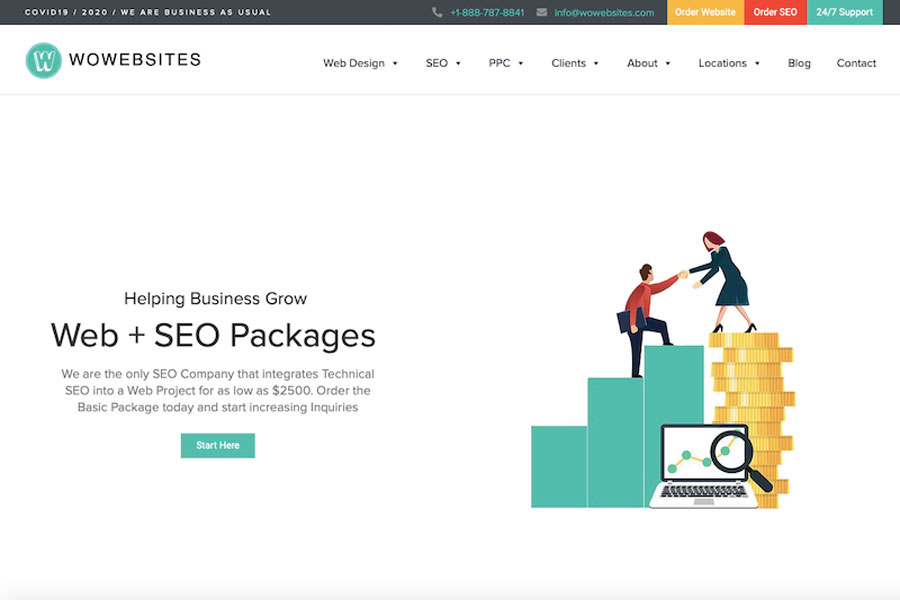Anyway, let’s get to the problem of believing in “Domain Authority” or DA as the be all and end all of SEO — first of all, it’s not a Google metric. It’s a metric that’s based on a third-party website called, Moz. DA is a Search Engine Ranking Score developed by Moz. But even Moz specifically states that DA does not affect the Search Engine Ranking Position or SERPs. So believing that your Website needs to increase domain authority is incorrect when your purpose is to increase Search Engine rank. There are many aspects to increasing Search Engine ranking.
I, personally, stopped looking at Domain Authority because I noticed that some websites that had very high DA scores were ranked below our website. See the below table that shows our DA score and Online Visibility compared to our competitors (selected by Moz.com). Notice that we have one of the lowest DA scores but our visibility is in double digits compared to competitors who have DA scores that are much higher than ours.

Screenshot of WOWebsites.com DA and Visibility compared to Online Competitors
But please note, I’m not saying that DA is pointless — far from it. Having a high DA scores is a good metric that informs me that the website will be able to rank well for keywords that have high keyword difficulty scores. DA has its uses, but it’s only 1 teeny-tiny metric out of over 2,000 metrics that Google uses to gauge and rank a website. So never just want a higher domain authority because that in itself is useless. Achieving Domain Authority also isn’t an overnight job — it will require a lot of patience and strategic investment in link building and influencers. A domain will essentially have a high DA score if it has a lot of high quality backlinks from .com, .edu, .gov and even ccTLD sites that are relevant.









